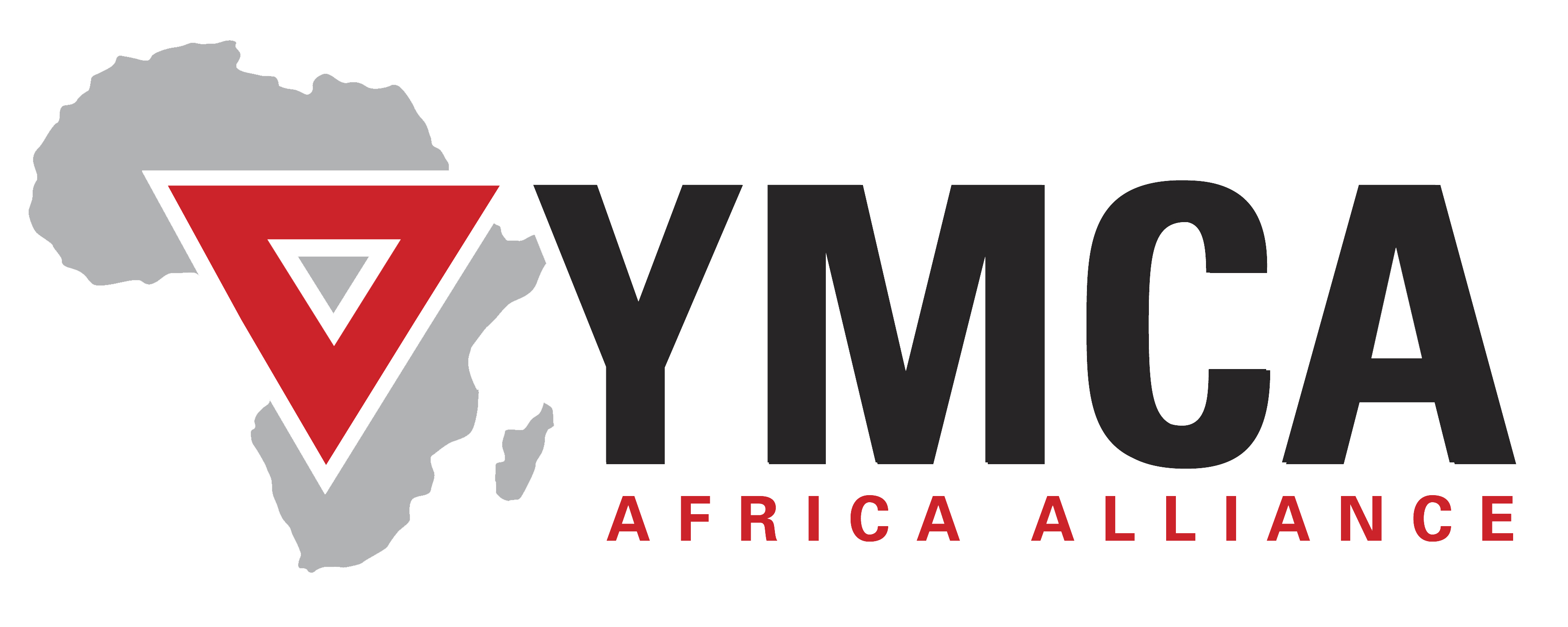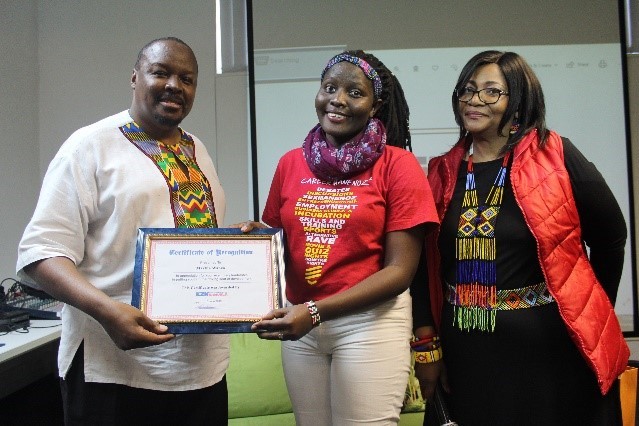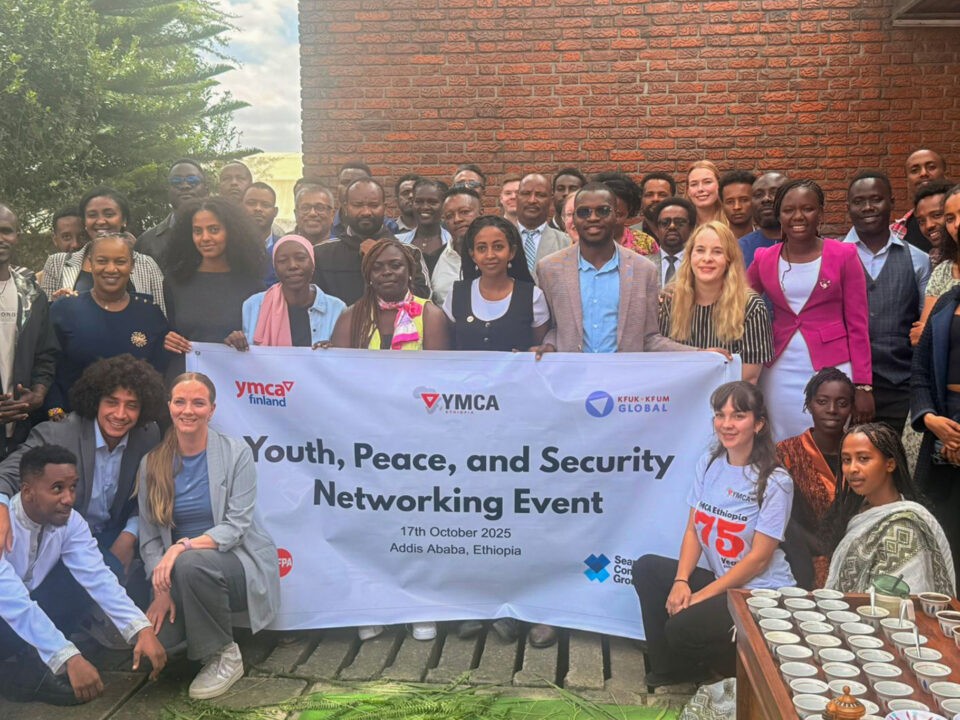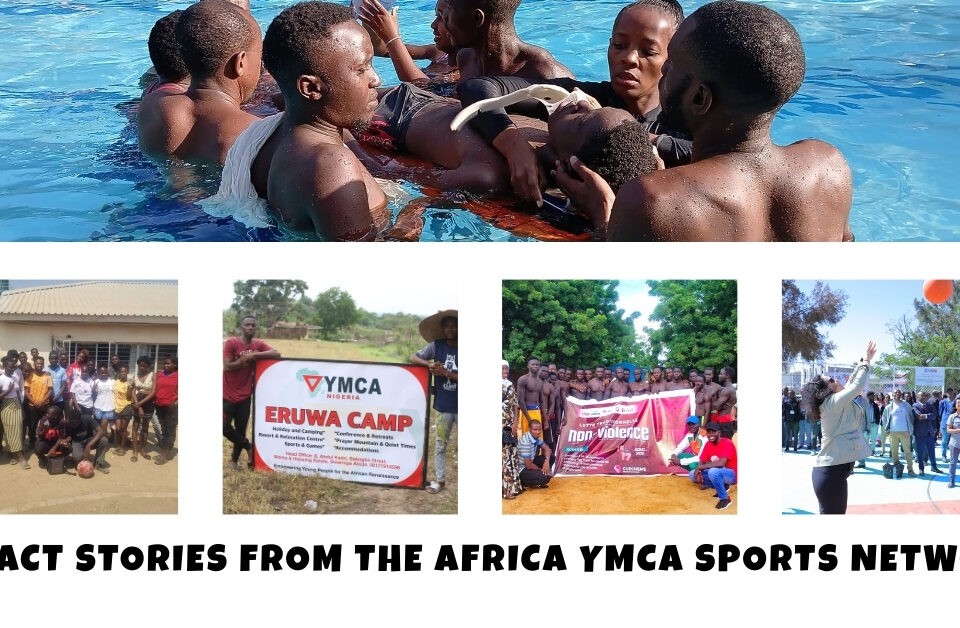FUTURE OF WORK

Ghana YMCA, Weltfilme expands West African film network with annual training
27/06/2019
How I became a French Teacher in Kenya
17/07/2019By Martha Wanza, YAC 2019
‘‘As 2025 approaches we don’t know yet the type of jobs our children born from 2000 will work on”. Dr. Gillain one of the panelist addressing delegates on future of sub-Saharan Africa during 11th General assembly of the AAYMCA in south Africa said”
I choose a rarely spoken session by young people at least give a hint why this conversation is a must talk, not that because am an economist nor have experience as an economist, but because it’s a topic every young person should be interested in the 4th industrial Revolution.
I wonder whether our education will allow us to balance technical skills at risk of being replaced by automation, with timeless “soft” skills? As young people will our education prepare us for a career, and will that career even exist by the time time am ready to join the workforce? South Africa is celebrating 25 years of democracy; June is set as the youth month to commemorate youth of 1976 in Soweto.
There has been series of youth indabas organized by different sectors of Government and organizations. Having had the opportunity to attend 3 of them, one point that was clear is that systems and individuals need to Speak to each other to ensure sustainable innovative ways to secure jobs for our youth. One of the youth indaba organized by trade and investment sector in the municipality, youths were encouraged to run away from being job seeking to job creators. Most young people need to invest in intrapeneurship because they lack soft skills which is a key in the 4th industrial revolution.

Rukudzo Kalahari a young person from Zimbabwe YMCA, a change agent 2019, presenting the dilemma of future of work of young people in the assembly. Dr. Gillain indicates clearly that it needs a creative nation with ability to adapt in 4th industrial revolution. Some of the top skills that will be needed include critical thinking, creativity, people management, emotional intelligence and cognitive flexibility among others.
Gladly enough, our Kenyan KICD (Kenya institute of curriculum development) has come up with a new curriculum, a system of education called CBC (Competence based curriculum) designed to emphasize the significance of developing skills and knowledge and also applying those competencies to real life situations. With this, I can say, the situation has been salvaged a little bit late because the beneficiaries of this new new curriculum are kids born after 2020.that means, those who were born between the year 2000 and 2010 will have to find a way of fitting in this society that is undergoing a radical technological and cultural change. Our future is secured, and Is can hope that 20 years from now, we can compete comfortably with the developed nations.
YMCA young people as they take up the ladder of being in the driver’s seat, it’s evident we all need to have a paradigm shift on jobs, come up with more innovative ways as we embrace the power of technology.
“The illiterate of the 21st century will not be those who cannot read and write, but those who cannot learn, unlearn, and relearn”. Alvin Toffler.







